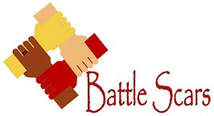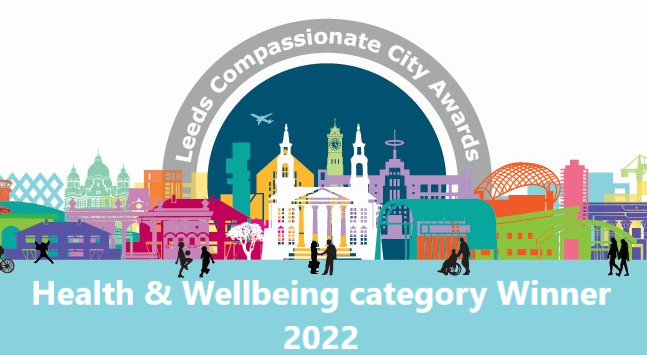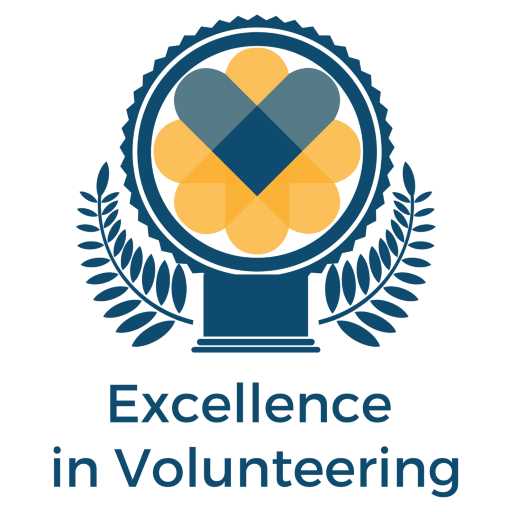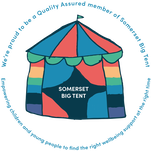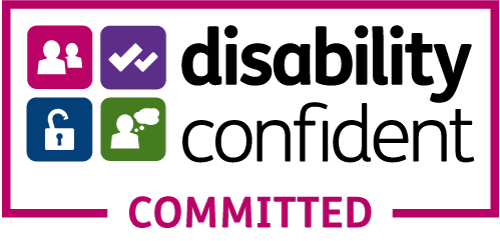|
|
What’s a Battle Scars support group like?
|
I’ve been using the Battle Scars Facebook group for support for about a year now, and it’s been really amazing to be able to interact with people of all ages and from all over the place who also have experience of self harm. Before that it honestly felt like it was only me, especially as I don’t fit the “teenage girl” stereotype. After a few months, I plucked up courage to add myself to the mailing list for the zoom support groups, but the thought of actually attending one was really daunting – what will it be like, who will be there, what if I have to speak loads, what if everyone else knows each other, what if I somehow Get. It. Wrong…??!!
|
What will it be like, who will be there, what if I have to speak loads, what if everyone else knows each other, what if I somehow Get. It. Wrong…??!!
|
|
Fast forward to 2022, and I’m now a Battle Scars online support group facilitator. I’m so proud of myself for having the courage to reach out and join a group that first time. The groups have been so helpful as a supportive safe space to connect with people with similar experiences, and I wanted to be a part of providing that space for other people. But I can still remember how daunting it was that first time, so I thought I’d write a bit about what the groups are like to give anyone in the same position an idea of what to expect. Kind of like google-streetviewing the parking situation before going anywhere new (yes, I do that, and yes, I have chronic anxiety, what of it?)
|
Yes, I have chronic anxiety, what of it?
|
|
Battle Scars online support groups generally follow a similar structure – we start with an icebreaker, just to, well, break the ice. This is usually whatever ridiculous question the facilitators have come up with, ranging from “what is your favourite weather” (snow) to “would you prefer to be an apple or a banana” (tricky one, but probably banana). Then we do a round of introductions where each person briefly says hi, sometimes sharing a little bit about their self-harm history, or what kind of day they’re having (or often just sticking with “hi”). With both of these it is absolutely ok to have your camera off, or participate using the chat function. People do it all the time, you won’t stick out. Sometimes I do it too, when I’m at group as a service user rather than a facilitator, and I’m having a bad anxiety day. Each group has a main facilitator and a co-facilitator who usually have “Battle Scars” in their screen names – if you’re nervous, or you’re not feeling up to participating and you just want to listen, drop them a message in the chat to let them know.
|
The main part of the group will usually be on a topic that the facilitator has put together – things like exploring difficult emotions, how to ask for support, or ideas for self-care. The facilitator will ask questions to get a discussion going, or we’ll capture ideas on a shared screen (demonstrating that, even after 2 years of zoom, I still regularly forget how to share my screen). For me, a successful group is one where lots of people participate - I love it when the group feels like a safe space to discuss things it can be hard to talk about elsewhere. But having people there just to listen is totally ok, I know what it feels like when that’s all you can manage – the safe space is there for you too, just as much as everyone else.
So if, like I was, you’re teetering on the edge of coming along to your first group, I hope this has given you an idea of what to expect. If there’s something you’re unsure of that I haven’t covered, just drop us an email – it’s honestly fine. |
If there’s something you’re unsure of that I haven’t covered, just drop us an email – it’s honestly fine.


